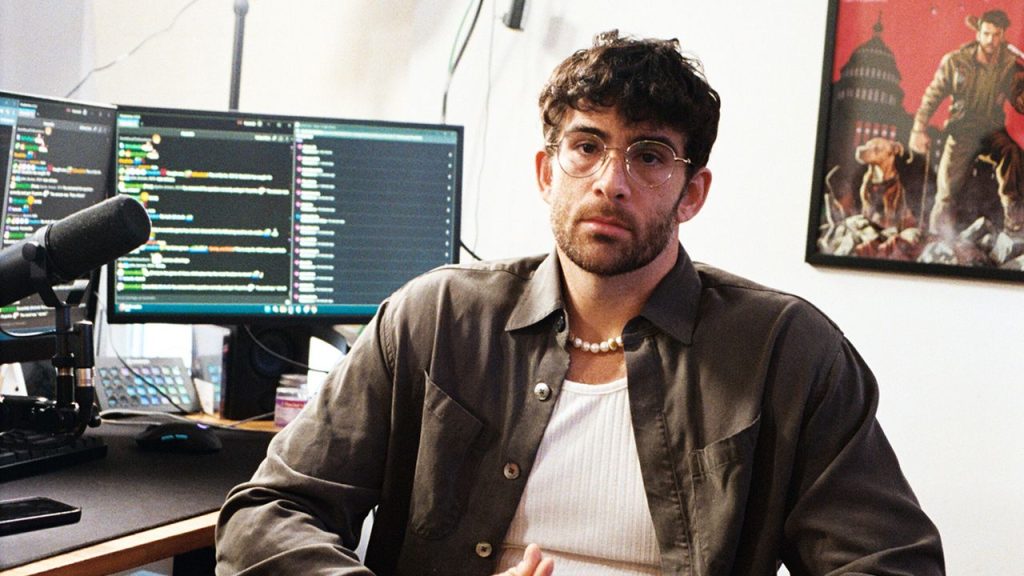Now, I’m not saying this to launder the man’s reputation. I think it’s very clear what his political evolution has been since 2017. I was shocked when I looked back at that, and I was like, Wow, this guy comes across like one worthy of the eulogizing that Ezra Klein offered him, if he had kept that tone.
You don’t think that Ezra Klein piece was warranted?
I think that, understandably, we get disturbed and worried when death enters the equation. I think in that process, we end up eulogizing people in a way that whitewashes or launders their reputation. Honesty is much more important in that process. There are a lot of people who are venerating Charlie Kirk as though he was some MLK-style figure, and I think it’s important to make an honest assessment of his political contributions in that process.
I think a lot of people just see that and go, Well, a man died. He was a father. And this is true. This is a tragedy. This is a tragedy. Political violence is completely unacceptable. The video that I saw was traumatizing. I wanted to debate him. I had debated him and I wanted to do it again. That’s my way of dealing with right-wing reactionaries. My point on this is clear, is what I’m saying, as far as political violence goes.
Having said that, there is a lot of back-and-forth going on about people talking about the incendiary, explosive, dehumanizing language that Charlie Kirk regularly adopted. I saw this last night on a New York Times obituary, that people were yelling, like, “How dare you bring up the fact that he advocated for hydroxychloroquine?” or whatever. But that’s his position! These are his positions that he was proud of when he was alive. These are positions that he defended vociferously. So why are you getting upset that people are reflecting on his past positions that he advanced until his last breath? I think it’s a disservice to the public, especially many who were not familiar with Charlie Kirk’s ideology or his worldview. It’s a disservice even to his own legacy, to just launder his reputation in a way where he is just simply brought up like some activist, a youth activist.
There’s certain aspects of disagreement that go far beyond just a reasonable discussion. I think when you’re talking about how the Civil Rights Act was a mistake, when you’re talking about how the Bible says gay people should be stoned, when you’re talking about how you don’t trust a Black pilot over a white pilot—I mean, everything can be up for debate. But my point is, you don’t have to hand it to the guy. And I think a lot of liberals are doing that right now because, I guess, they don’t find this stuff to be as offensive as I do, or maybe not even an offense, but as destabilizing and as destructive as I do. Clearly, if they did, they would reflect on it.
Well, maybe it’s a desensitization too, in that he’s been saying this for however long, and it becomes normalized.
For sure. I think that’s bad. I don’t want that to be the case. That’s part of the reason why I’m saying people need to wake up to the way they talk about certain things.
Anything else on your mind about it all?
I just want to make sure that it doesn’t come across as though I’m saying, “Oh, you shouldn’t eulogize this person.” I’m not saying that at all. Obviously, as I’ve communicated, political violence, especially this kind of political violence—I have a very close and personal association with [it], so of course I am against it. I would be putting myself in the crosshairs, just considering that I was supposed to be sitting on a stage, similar to that one, next to him in two weeks.
It’s just that I think people venerating a person with what I consider to be morally repugnant political ideology is going to have unforeseen secondary consequences, as far as normalization of this ideology. We’re seeing that in every aspect of society already, and it’s very frustrating.

